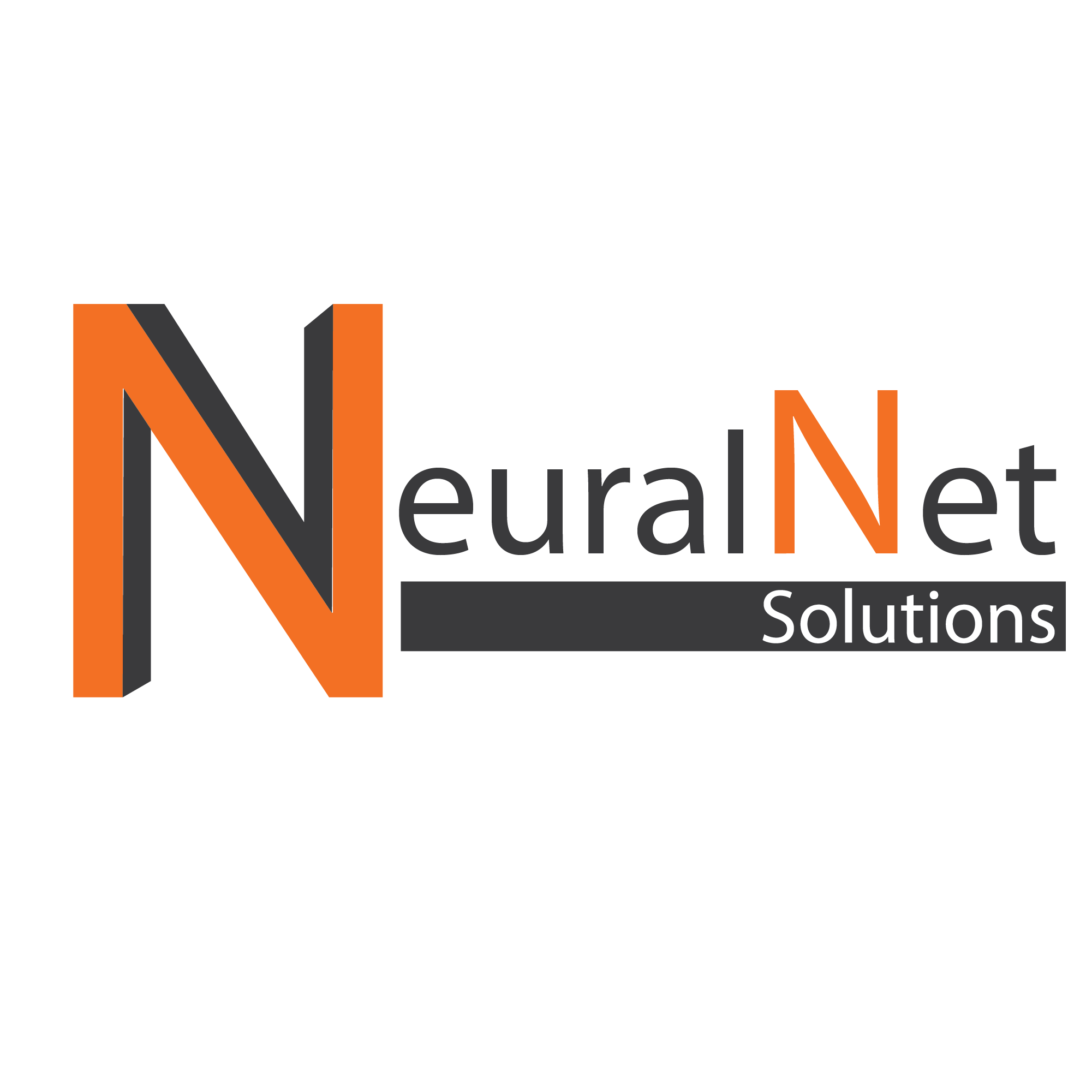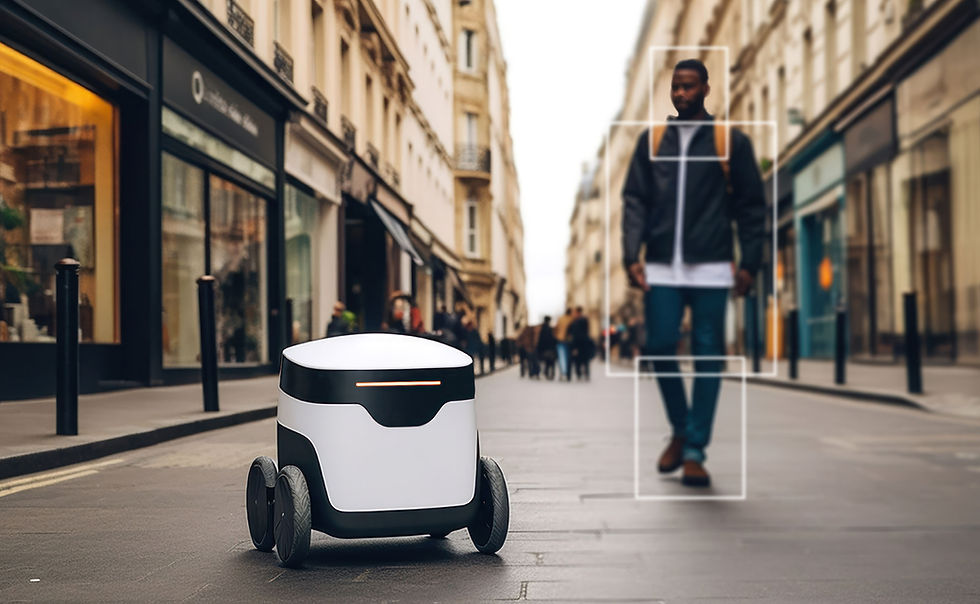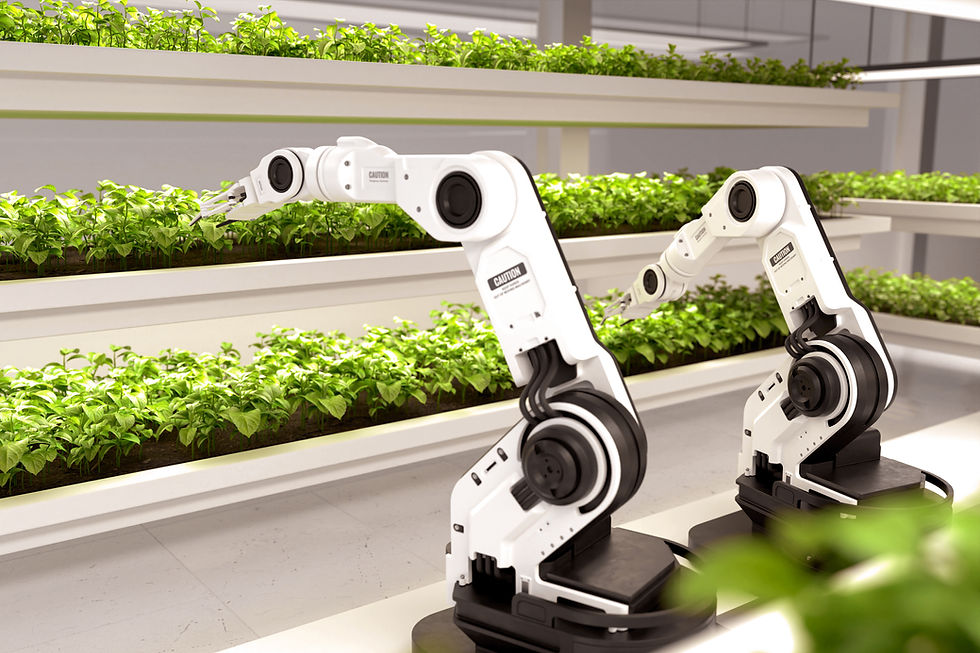Transforming Business: Navigating the Internet and AI Revolutions
- AI ArtDeal
- Nov 16, 2023
- 2 min read
In the evolving business landscape, two technological revolutions have stood out for their transformative impacts: the Internet and Artificial Intelligence (AI). Both have reshaped the way companies operate, but their influences are distinct in nature and scope. The Internet: The Connectivity Revolution The Internet sparked a connectivity revolution. It broke geographical barriers, enabling global reach and communication. This connectivity facilitated new business models like e-commerce, digital marketing, and remote working. Companies that leveraged the internet gained competitive advantages through expanded markets and improved operational efficiencies.

Impact on Businesses:
Global Market Access: Small businesses could reach global audiences, leveling the playing field with larger corporations.
Operational Efficiency: Automation of processes and online tools streamlined operations, reducing costs and time.
Data Accessibility: Easy access to vast information pools helped businesses in market research and decision-making.
Artificial Intelligence: The Automation and Insights Revolution
AI, on the other hand, is a revolution in automation and insights. It's not just about doing things faster; it's about doing things smarter. AI enables predictive analytics, personalized customer experiences, and process automation.
Impact on Businesses:
Predictive Analytics: AI helps in forecasting market trends and customer behaviors, allowing businesses to make proactive decisions.
Personalization: AI-driven personalization in marketing and sales enhances customer experiences, increasing loyalty and revenue.
Process Automation: AI automates routine tasks, freeing human resources for more strategic activities.
Comparison and Synergy
While the Internet revolutionized access and connectivity, AI is revolutionizing efficiency and intelligence. The real power lies in their synergy. AI technologies leverage the connectivity of the Internet to gather data and learn from it, providing insights and automation capabilities that were previously unimaginable.
The Risks of Oversleeping Technology
Failing to adopt these technologies can be detrimental. Companies that ignored the potential of the internet found themselves outpaced by more agile, digitally-savvy competitors. Similarly, ignoring AI can lead to inefficiencies, missed opportunities, and a lack of insights that could drive business growth.
Consequences of Lagging Behind:
Reduced Competitiveness: Companies that don’t embrace AI risk losing their competitive edge to those that do.
Missed Innovation Opportunities: AI offers avenues for innovation that can redefine business models and create new market opportunities.
Operational Inefficiencies: Without AI, businesses may struggle with inefficiencies that their AI-adopting counterparts have overcome.
In conclusion, while the Internet connected the world, AI is empowering it to operate smarter. For businesses, the integration of these technologies is not just a pathway to success; it's a necessity to remain relevant and competitive in a rapidly changing digital landscape. The key is not just to adopt these technologies but to integrate them strategically into business models to harness their full potential.
Transforming Business: Navigating the Internet and AI Your compass in the AI landscape.




Comments